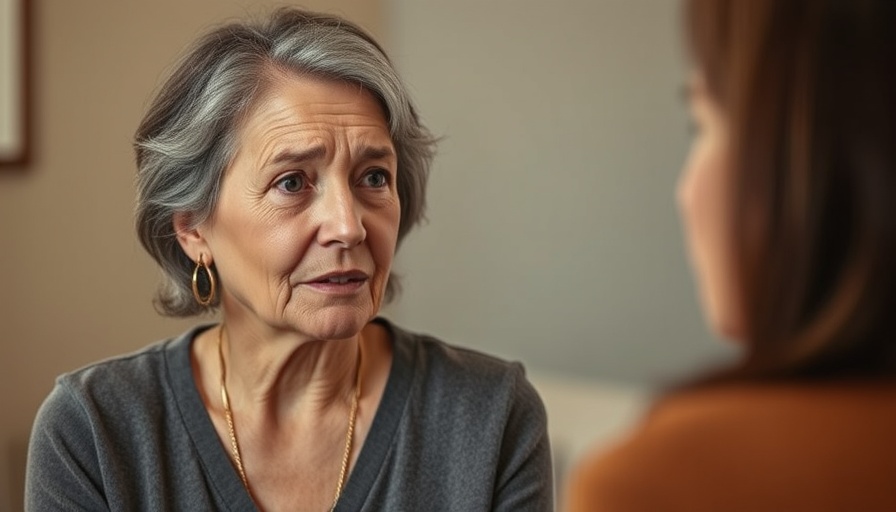
The Skin Cancer Regrets No One Should Have
For many individuals, the path to skincare knowledge is fraught with missteps and misconceptions. As we navigate adult life, one of the most significant regrets expressed by patients grappling with skin cancer is their lack of understanding regarding sun protection. A common refrain heard is, "I wish I had known to wear sunscreen." This regret transcends mere vanity; it reflects a deeper awareness of health and longevity. With skin cancer on the rise, the call to action has never been more urgent.
In The #1 regret I hear from patients…, the discussion dives into the importance of sun protection, exploring key insights that sparked deeper analysis on our end.
Historical Context: The Sun's Double-Edged Sword
Historically, the sun was often viewed as a beacon of beauty, its rays associated with health and vitality. During the decades when tanning was in vogue, individuals turned to harmful practices, such as applying baby oil and using aluminum foil, to achieve that desired golden glow. Only recently have we come to understand the long-term consequences of such actions, as skin cancer rates have surged. A profound shift in our relationship with the sun is imperative for future generations and their understanding of skincare.
The Science Behind Tanning and Its Risks
Research indicates that tanning bed use and excessive sun exposure lead to skin cell damage, which can trigger mutations resulting in cancer. The ultraviolet (UV) radiation emitted contributes significantly to skin aging and increases the risk of melanoma and other forms of skin cancer. With evidence-based skincare now at our fingertips, spreading awareness about sun safety is more crucial than ever.
Debunking the Myths: Sunscreen Isn't Just for Beach Days
One pervasive misconception is that sunscreen is only necessary during beach vacations or summer months. In reality, UV rays can penetrate clouds and are present year-round. Daily application of a broad-spectrum sunscreen can significantly mitigate risks. Infusing awareness about the importance of sunscreen into general skincare routines could lead to a dramatic decrease in future skin cancer diagnoses.
Predictive Insights: Intergenerational Changes
For the younger population, there is hope on the horizon. As more millennials and Gen Z individuals educate themselves about skincare, their behavior will ultimately dictate the trends of tomorrow. If this cohort adopts protective measures early on, we may see a notable decrease in skin cancer cases in the coming decades. Educating younger generations can lead to significant shifts in healthcare outcomes and attitudes towards skincare.
The Emotional Toll of Regrets: A Human Perspective
Understanding skincare isn't just about mitigating risks; it is about acknowledging the emotions tied to such regrets. Those affected by skin cancer often endure not just medical challenges but profound feelings of regret and anxiety regarding their skin health. These emotions act as catalysts for change, enhancing the importance of sharing knowledge about sun safety.
Transformative Practices: How to Prioritize Skin Health
The transition from ignorance to knowledge is vital. Developing a comprehensive skincare routine that includes daily application of sunscreen can be transformative. Additionally, regular dermatologist visits and being aware of one’s own skin changes can empower individuals to take charge of their skin health. Simple habits, such as reapplying sunscreen every two hours when outdoors and choosing products with SPF, can provide significant benefits.
Final Thoughts: Moving Beyond Regret
As we reflect on the vital insights from our exploration of skin health, it becomes abundantly clear: prevention is the key. The implications of these discussions extend beyond personal regret and health; they encompass a societal shift towards healthier skin care practices. Adopting proactive measures now can create a ripple effect that safeguards future generations.
As consumers and caregivers, take action today by prioritizing sun protection education and adopting healthier skincare practices. Together, we can navigate the path towards healthier skin, free from the weight of regret.
 Add Row
Add Row  Add
Add 






Write A Comment